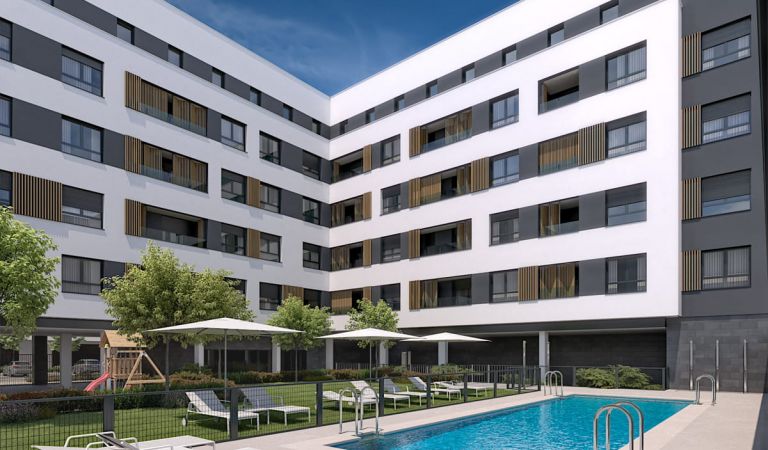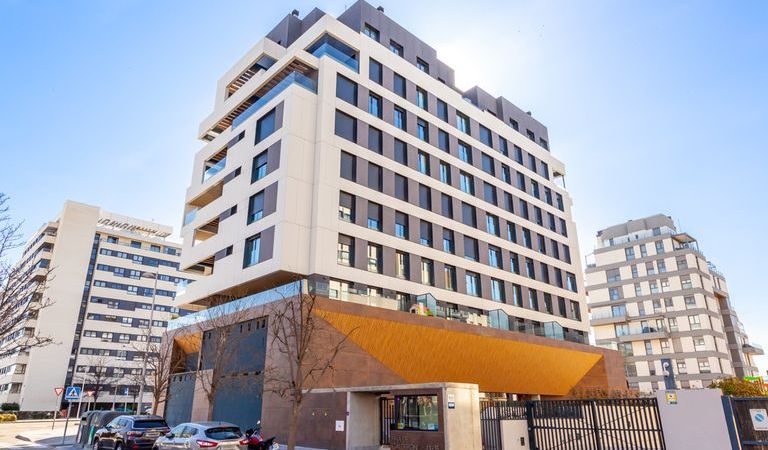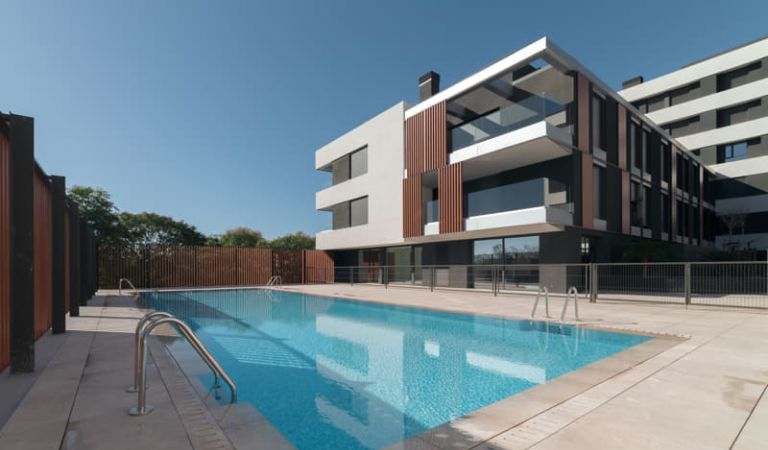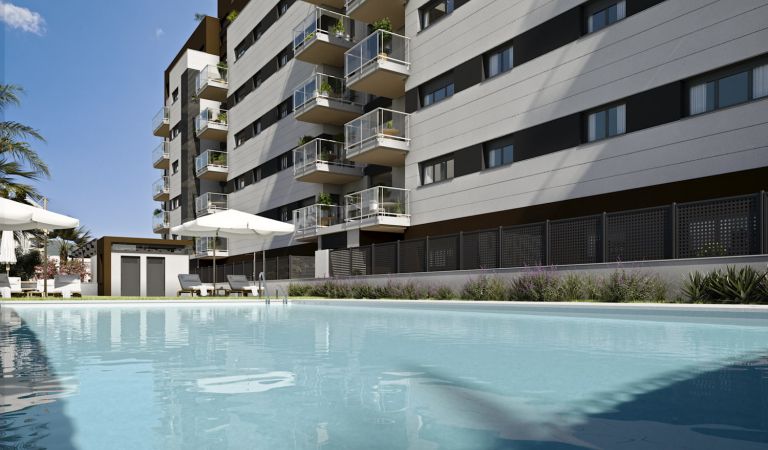Today we will be discussing one of current trends in the property market, particularly in the summer period: renting out your home for holiday accommodation.
Private home rental has, without a doubt, become an alternative to traditional hotels for travellers, who can benefit, a priori, from less expensive accommodation, while for those choosing to rent out their home, it provides an extra source of income. But, are you aware of your tax obligations to the public purse when you rent out your home?
What do you need to know when filling out your income tax declaration if you rent your home out to holidaymakers?
Although the new Holiday Rental Law has led to a wide disparity between the regulations in each Autonomous Region in Spain, each with their own specific rules, currently, there are two ways of declaring holiday rental homes: as a second home or as tourist accommodation. What are the differences?
Holiday rental as a second home.
For the purpose of the income tax declaration, this depends on the rental period. The income received must be declared as a return from property, and some of the costs associated with the rental of the property may be deducted, such as the IBI (rates), home insurance and community charges.
However, if for example, the property was rented out for just 3 months, only the proportion of the expenses corresponding to this period may be deducted.
And since the purpose of the rental is not for a habitual residence, the deductions of 60%, which would normally be applied, cannot be applied in this case. Therefore, when submitting your declaration, the expenses will be deducted from the income and the relevant taxes will be applied.
What happens during the months when the property is unoccupied?
The tax to be paid (known as “imputación de renta” (income allocation)), is 1% of the assessed value (or 2% if this value has not been revised since 1994). The amount is divided between the 12 months of the year, multiplying the result by the months during which it was rented.
Renting the property as holiday accommodation.
This is perhaps the best option given that the new legislation is clamping down on properties not covered by it: The property must be registered in the Autonomous Region where it is located as holiday accommodation and it must also be registered for the Business Activities Tax.
Bearing this in mind, the key difference with regards the above case, is that the owners are required to issue an invoice for the stay, and to apply the corresponding VAT. This means that they must also file the corresponding quarterly VAT declaration, deducting any relevant costs, which are those pertaining to the business activity itself.
What if it is unoccupied at other times of the year?
The same occurs as with the holiday accommodation being rented as a second home. The so-called “income allocation” must be declared.
What happens if I do not declare it?
The tax authorities are keeping this type of rental under close scrutiny, since it makes up a good proportion of what is known as the “submerged economy”.
Moreover, if detected, the fine will be at least 50% of the undeclared amounts, and the owner will have to submit a complementary income tax declaration, specifying the income earned, to which the fine will be added, and the VAT declaration which was not submitted may also be requested.
Do you rent out your property? Do you know the rights and obligations of holiday rentals?

















